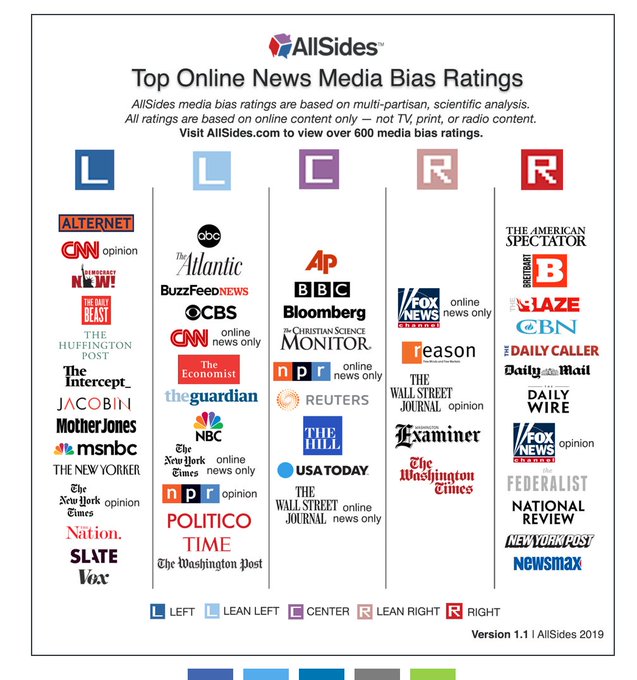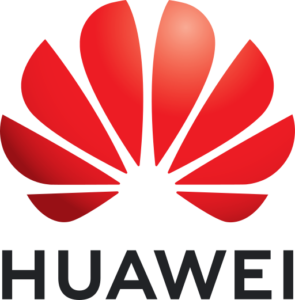 It is not possible to make good decisions without good information.
It is not possible to make good decisions without good information.
In a well functioning society, the media would be part of that system by providing accurate, useful information to the public.
That isn’t the media we have. Strictly speaking, we’ve never had that media, though some periods were better than others.
Let’s run through a few of the issues:
Man Bites Dog; If It Bleeds It Leads
The more we see something, the more of it we think exists. But the routine and normal doesn’t make sensational news.
The truth is that violent crime is at multi-generational lows, but most people don’t think that.
The truth is that the person who will hurt or molest your child is almost certainly not a stranger, but a family member, friend, or other trusted adult.
The truth is that terrorism is not a significant threat to Americans. You’re more likely to get hurt when you slip in your tub.
In almost all advanced, industrial societies, the greatest threat to your well-being, with very rare exceptions, comes from your own politicians and business leaders. They are the people who will hurt and kill you, and that’s simply the case. Even in times of war, this is true, because leaders usually caused the war.
The media does not reflect these facts and other similar ones. As such, it gives people an inaccurate picture of the world, which they then act upon and get disastrous results.
Fake News
There’s a lot of hysteria about fake news lately, but it’s about fake news from non-approved people.
It’s not that the media doesn’t lie its ass off, it’s that “OMG, other people are able to get their lies believed.” 72 percent of Americans didn’t think Saddam was behind 9/11 because the media didn’t lie. And who was one of the worst offenders? The New York Times, the apex of the establishment press.
So, yeah, when the media lies, or passes on what they know or suspect are lies, people get hurt, and badly.
Class Interests
Journalists at elite institutions used to be mostly working class. Now they are mostly university graduates, with a high concentration of Ivy League grads. The more senior you are, the more likely you went to an elite college.
You lunch with politicians and business leaders. You went to school with them. They are your friends. They are your people. You understand them.
Speaking from experience, it’s hard to write something mean about someone who’s really nice to you. People who want good press can be amazingly nice. Heck, there’s an entire industry of public relations people whose job it is to make people in the media like them. Some of them are very, very good at their jobs.
This gets even harder when you come from the same group and share the same experiences and beliefs.
This is part (but only part) of why Labour Leader Jeremy Corbyn gets lied about over three-quarters of the time in the press, per academic studies. The people reporting on him, and especially the editors and producers, genuinely despise his politics and think they are wrong, even evil. They want him destroyed. To them he’s practically Stalin or Hitler, and anything they do is justified in the name of defeating him.
A shared world view is a powerful thing. You don’t have to censor people who genuinely believe the same thing as their leaders.
Horse Race vs. Policy
Writing about who can win, rather than analyzing who would do what if they won, guts Democratic decision making. The media should support people choosing who would do those things they agree with, not simply act as if voting is a sport.
He Who Has the Gold Makes the Rules/Freedom of the Press Belongs to Those Who Own Won
If someone hires you to do something, they expect to get more from you doing it than they pay you. This is fundamental: You have a job because you are of benefit the person who controls the money. That is ALL.
Media conglomerates (and remember, they are very, very concentrated) are run by people who expect a return for their money. That doesn’t always mean direct cash. Robert Murdoch loves owning newspapers because newspapers control the news cycle: What newspapers write in the morning is what TV news discusses in the evening.
What is controlling the media cycle worth? Who cares if the newspaper doesn’t make much directly, anyone with other interests knows it’s just a loss leader.
Murdoch also used his newspapers as intelligence operations. He would have phone calls with beat reporters which went on for hours, learning everything they knew about their beats.
The ability to control, or at least strongly influence the public and to decide who gets publicity and who doesn’t, is valuable even when it doesn’t make a lot of money. Amazon CEO Jeff Bezos didn’t buy the Washington Post out of public spiritedness.
So even when the journalists, editors, and columnists resist what the publisher wants, the publisher gets their way. It’s just that simple. Those pundits and journalists who wrote against the Iraq war in the run-up to war lost their jobs or had their careers stall out. Phil Donahue had his show shut down, and his show had excellent ratings. It wasn’t about how much money Phil was making them directly: They wanted war, and he was in the way.
You don’t get to use the platform to attack the perceived interests of the people who control the platform.
This should be dead obvious.
The people who control the media have interests. They use media to promote those interests. They are all part of one big club, and while there is elite infighting, they are agreed on most fundamentals. To them, a Corbyn or Sanders is a far greater threat than a Trump or Boris Johnson. Heck, Trump gave them a huge tax cut. Johnson will gut worker’s rights.
They’re basically okay with both, they just find them distasteful people.
The Media Is Part of the Enemy
Perhaps that sounds harsh, but what can be said about an industry which helped ensure the Iraq war happened? An industry which covered for banker bailouts?
Yeah, they’re gushing money because the internet destroyed their business model. Yeah, that may lead to an even worse future (sure as hell Facebook and Google are pure evil), but they were never the good guys.
The media was the least malfeasant, and did some good when they were broken up into many pieces, when the American elite was much larger and less concentrated and had more internal differences, and when journalism was a working class job and most editors and reporters hated the people they reported on, rather than thinking they were part of the club.
Something similar could be done today. It would require legislation and some technological fixes, but it could be done. We could also impose rules that require context to deal with the problem of sensationalism, which would be an issue even with the best will in the world.
But none of this will happen unless it is forced, and it will only be forced if current elites are broken of their power.
Nothing lasts forever. Every elite falls. There will be chances.
The results of the work I do, like this article, are free, but food isn’t, so if you value my work, please DONATE or SUBSCRIBE.


 It is not possible to make good decisions without good information.
It is not possible to make good decisions without good information.
 So, the Huawei saga rolls on. The executive arrested, the daughter of the CEO, will probably wind up released, as it’s been made clear this is a political arrest. (Trump has said so, and it’s over Iran sanctions. Breaking Iran sanctions is clearly political, and probably even the ethical thing to do in many cases.)
So, the Huawei saga rolls on. The executive arrested, the daughter of the CEO, will probably wind up released, as it’s been made clear this is a political arrest. (Trump has said so, and it’s over Iran sanctions. Breaking Iran sanctions is clearly political, and probably even the ethical thing to do in many cases.)